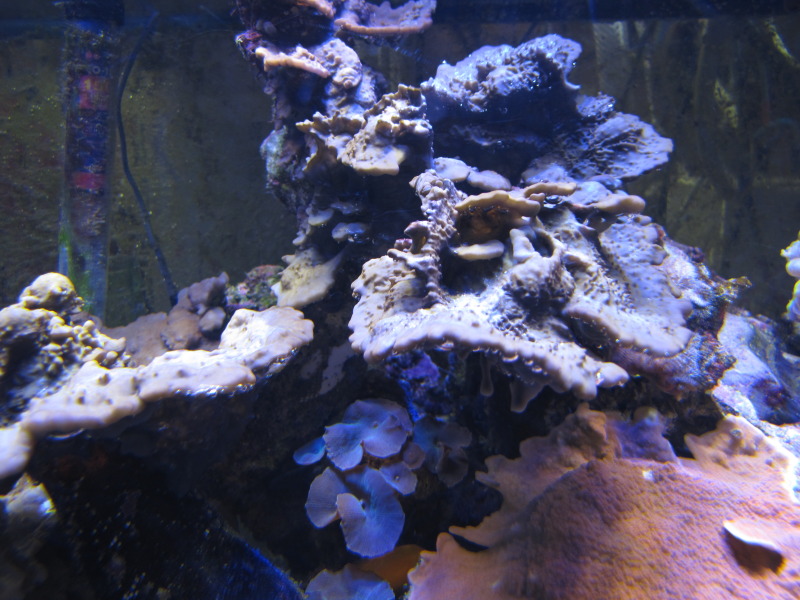I’ve
Ive never dipped an acro in my life, or any coral. I don’t remove plugs or clean the bases of aquaculture, I’ve never had AEFW, red bugs, black bugs or anything, had the odd bacterial infection though over the years... maybe the acro crabs that I have in every coral and dozens of hermits grazing over them constantly or the wrasse and angels picking at them, help... or maybe I’m just very lucky!!! interestingly the US seems to suffer more with AEFW than other countries, just like you seem to have more fish diseases and yet you all dip and quarantine more than any other country... and you have more “sterile” tanks with less diverse life.. potential correlation anyone???
You are wondering why in the U.S. we have more ich and AEFW than any other countries? If you think about it, we also have more illegal immigrants than any other countries. It must be an opportunist thing.





















